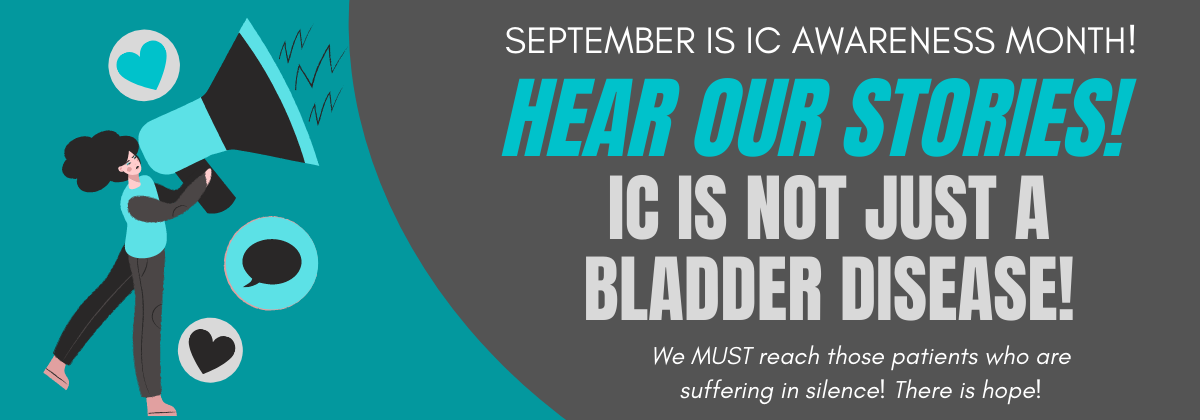We often are so focused on our troubles that we forget that our urologists are human too with a shockingly difficult job. They often see four patients an hour, including same day “urgent” patients that are often squeezed in between and/or during their lunch hours. Their stress level can be high particularly as they perform intricate surgeries, deal with unexpected complications, the politicized environment of research, the search for grant money to do research and, of course, the day to day management of a large practice. Sleeplessness is common, particularly for those who are “on call” several nights a week.
Emotionally, the job of physician can take a terrible toll. Can you imagine just how difficult it must be to tell a cancer patient that there is no hope? They can’t not be effected by daily tragedies that they see. Thankfully, most would agree that the reason they stay in medicine is because they can help heal patients. They can ease our suffering and save lives, often at the brink of despair. Yet, we must also consider the impact of being urologist on their families. They often don’t have the daily emotional support that they need due to an often insane working schedule that has them up and out of the house for early morning surgeries before their children or spouse even wake up.
I’ve had the chance to meet many urologists who treat IC and the VAST majority are kind and compassionate. Yet, it’s clear that many are under great stress. One physician, just a week or so after having knee surgery, kept his commitment to speak about IC at a national conference. I ran into him at the airport on the way home. This strong, vibrant man who has given hope to so many was suffering. I could see it in his eyes, his posture and the effort it took for him to take one step at a time onto the plane. That moment reminded me that urologists are just as vulnerable as we are.
This study comes as no surprise yet I’m stunned by the data, particularly the fact that 38% have symptoms of high emotional exhaustion. It’s not the life that I would have chosen and I admire and appreciate their skill and dedication. Thus, as we enter IC Awareness Month, I ask you to take a moment to just say “Thank You” to your physicians and their staff. Written “Thank You’ cards are often proudly displayed! They need to hear that from their patients… and for the urologists who work with a demanding IC population, they deserve to hear that from us all!
– Jill O.
– – – – – – – – – – – – – – – – – – – – – –
40% of U.S. urologists report burnout
About 40% of urologists report symptoms of burnout, a recent national survey of more than 7,000 physicians finds.
First author Tait D. Shanafelt, MD, of Mayo Clinic, Rochester, MN, and colleagues conducted a national study of burnout in physicians from all specialty disciplines using the American Medical Association Physician Masterfile and a sample of working U.S. adults from the general population for comparison.
In all, 45.8% of physicians reported at least one symptom of burnout. In addition, 37.9% of U.S. physicians had high emotional exhaustion, 29.4% had high depersonalization, and 12.4% had a low sense of personal accomplishment. Compared with 3,442 working U.S. adults, physicians were more likely to have symptoms of burnout (37.9% vs. 27.8%) and to be dissatisfied with their work-life balance (40.2% vs. 23.2%).
Differences in burnout also varied by specialty. Approximately 40% of urologists reported burnout while nearly 50% reported they were satisfied with their work-life balance. Emergency medicine, general internal medicine, neurology, and family medicine reported the highest rates of burnout.
The survey had a 26.7% participation rate.
“Collectively, the findings of this national study indicate that the prevalence of burnout among U.S. physicians is at an alarming level, physicians in specialties at the front line of care access are at greatest risk, physicians work longer hours and have greater struggles with work-life integration than other U.S. workers, and after adjusting for hours worked per week, higher levels of education and professional degrees seem to reduce the risk for burnout in fields outside of medicine, whereas a degree in medicine increases the risk,” concluded the authors, who published their findings online in Archives of Internal Medicine (Aug. 20, 2012).
The American Medical Association and the Mayo Clinic Department of Medicine Program on Physician Well-Being provided funding for the study.
Source: Modern Medicine – August 29, 2012
